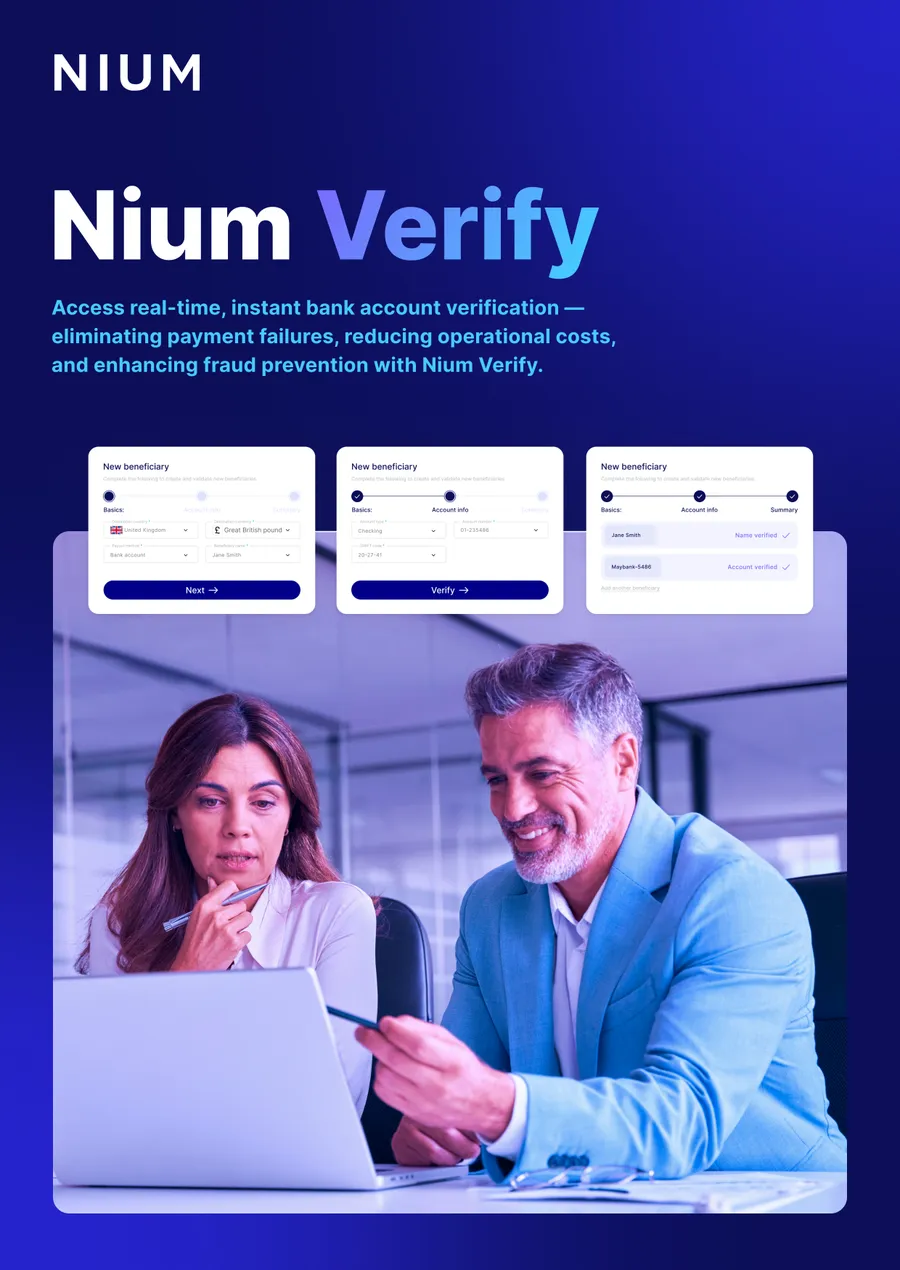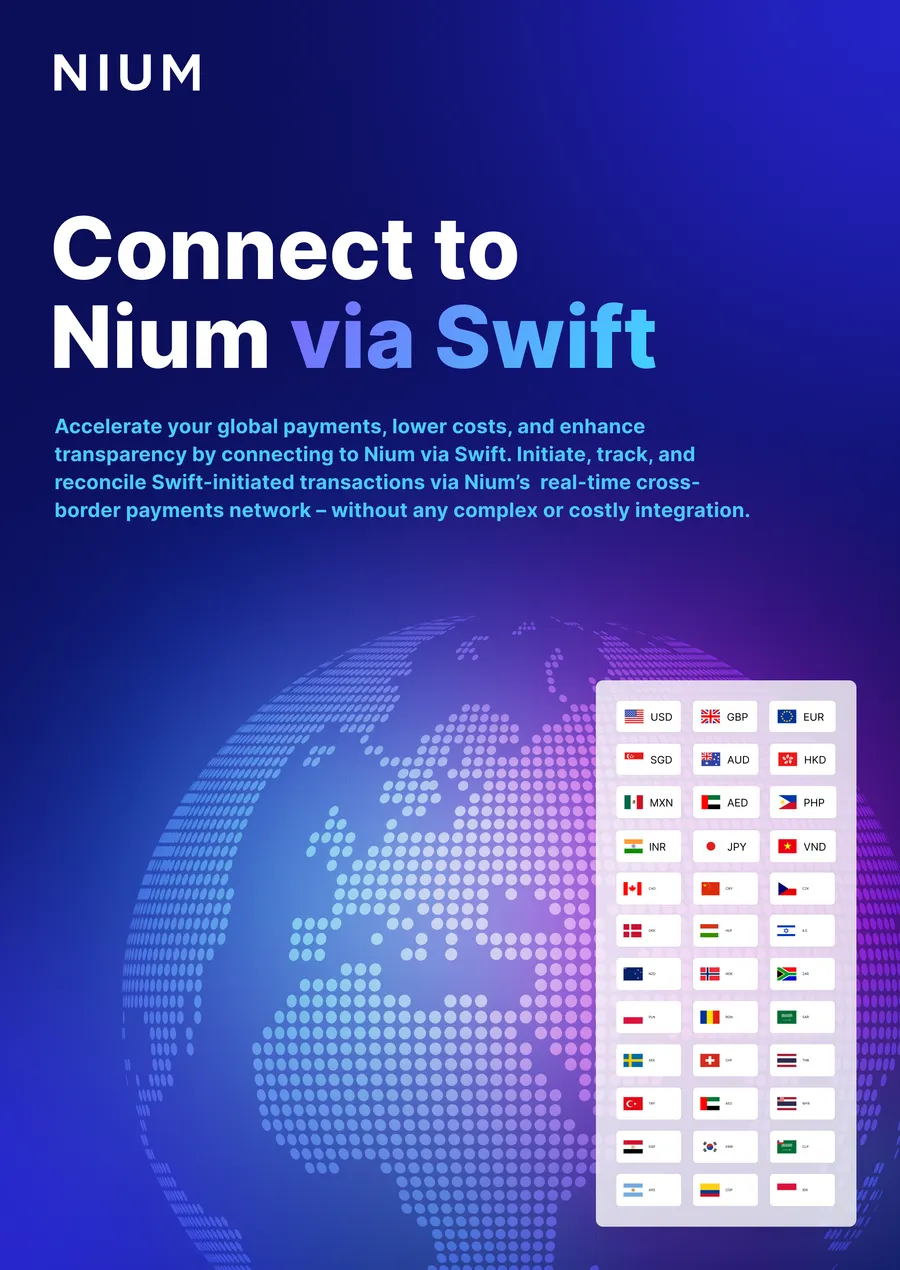Published Sep 24, 2021
The growing gig economy generates £1.9 trillion worth of transactions every year – but with expansion, new challenges have begun to arise. Amongst them are these three key hurdles, which will businesses have to overcome to make their gig economy strategy successful.
1. High cross-borders currency exchange and transaction fees
International payments have historically been slower and more expensive than comparable local transactions. The delay and cost of conversion hurts gig workers; businesses must circumvent these issues to keep workforces happy and avoid expensive churn.
- High forex fees: Currency conversions incur fees, creating a headache for gig workers as their margins are reduced.
- High transaction fees: Gig workers’ margins are further reduced by the disproportionate impact of transaction fees, especially on small value transactions.
- Volatile exchange rates: The volatility of exchange rates is also a problem, with fluctuations delaying payments and reducing value for the recipient.
2. Complex international taxation and regulations
The legal status of gig workers varies by country. Companies operating on a global scale need to get a handle on regulatory nuances and flex around local legal requirements. Businesses must keep in mind:
- Contractor vs employee status. This year the UK and Spain both reclassified Uber drivers as employees rather than independent contractors, giving them additional rights and benefits. With other countries likely to follow suit, gig employers need to stay ahead of the latest trends.
- Tax requirements. This uncertainty can leave companies unsure of their tax liabilities as they juggle payments across a variety of jurisdictions. This creates a dangerous situation, since by inadvertently withholding benefits they may be in breach of the law.
- International payments. Unfamiliar regulations can increase the chance of issues arising around international payments. This elevates the probability of transfer mistakes, leading to delayed or dropped payments and worker frustration.
3. Cultural differences and worker preference
Workers everywhere want payments to be fast, consistent and free from extra charges. But workers in different geographies have different expectations about payment methods that gig employers need to understand and address. Businesses must consider:
- Faster payments. Gig workers often struggle with cashflow and can be hit hard by irregular payments, so minimal delay is vital to avoid creating unnecessary pressure. In a survey, two thirds said that they would work more in the gig economy if they could be assured of faster payments.
- Banking the unbanked. Emerging economies have much higher numbers of unbanked workers who rely on cash payments, making fast transfers difficult. Electronic wallets and virtual cards are one solution that’s increasingly popular in China and Africa. These also minimise issues with cross-border payments by offering payment pathways in multiple currencies, making international transfers as seamless as local payments.
- Gig workers payment preferences: Direct-to-bank payments have emerged as the general preference in Europe and the USA, but can still be slow and expensive without the right payment infrastructure in place. Elsewhere, workers might prefer other payment methods, like wallets or virtual cards. Gig businesses need to listen to what workers want and offer a range of payment options to fit.
Businesses failing to consider these payment requirements will frustrate gig workers with delays, confusion and hidden fees, creating a disgruntled workforce and diminishing their profitability.
Nium’s comprehensive global payment infrastructure and direct real-time payment options can help businesses overcome these payment hurdles and earn gig workers’ loyalty, through payments tailored to their specific needs and requirements.

.png@webp)



.png@webp)
.png@webp)
.png@webp)




